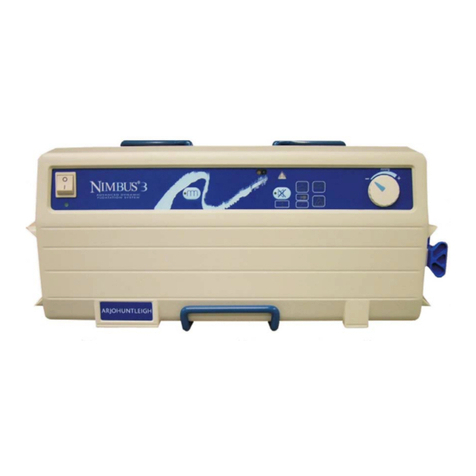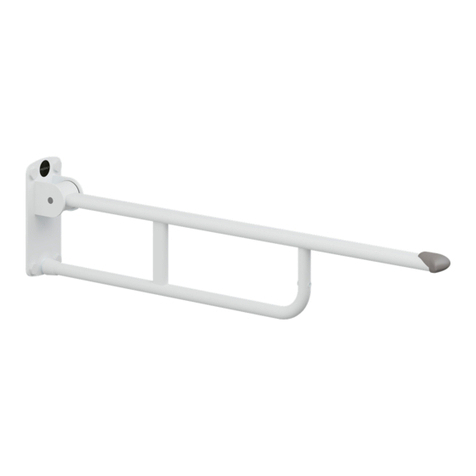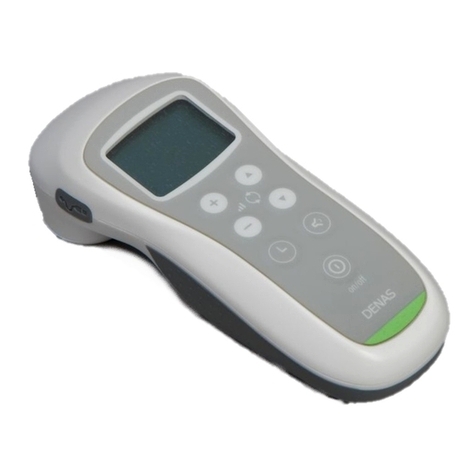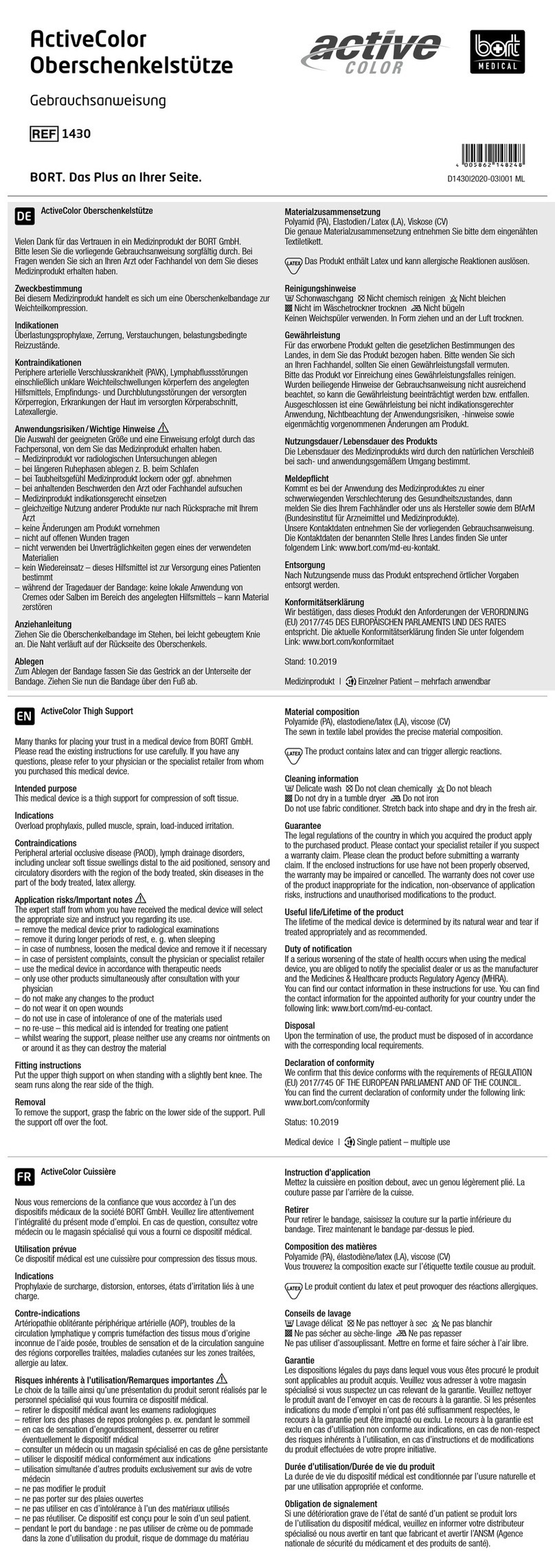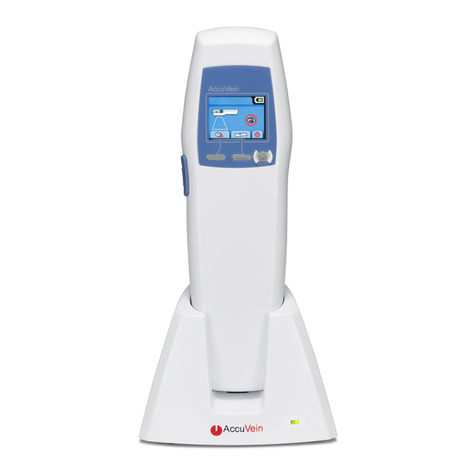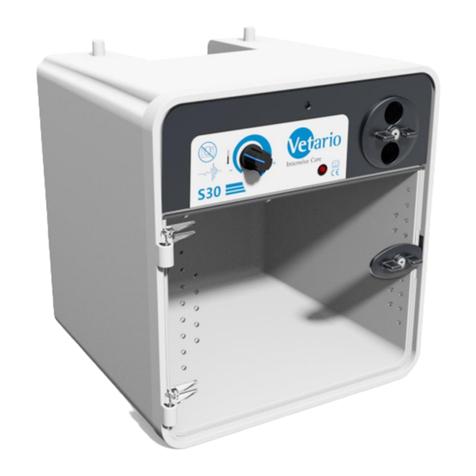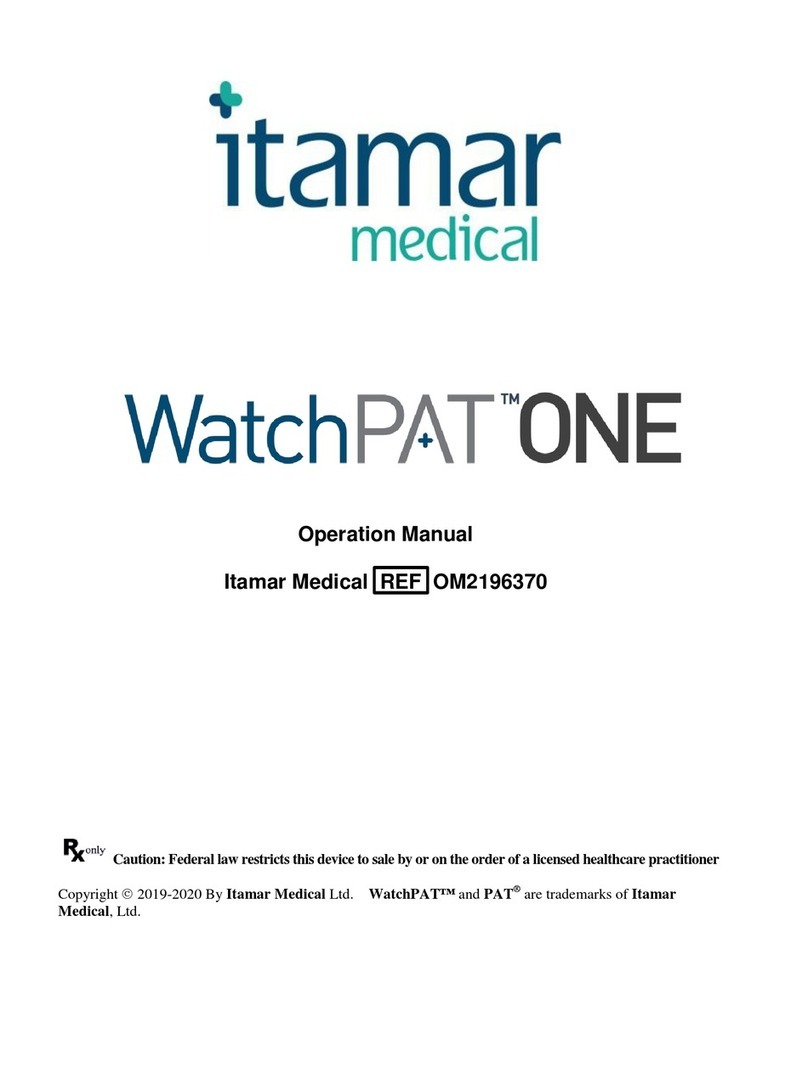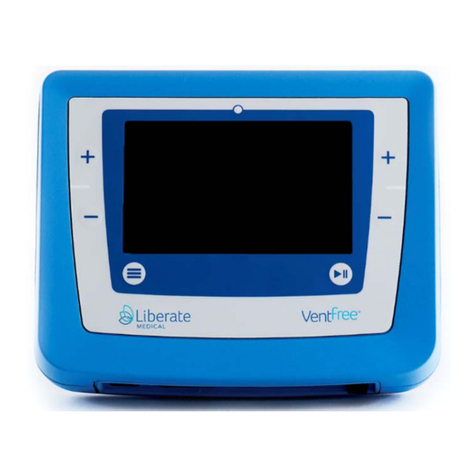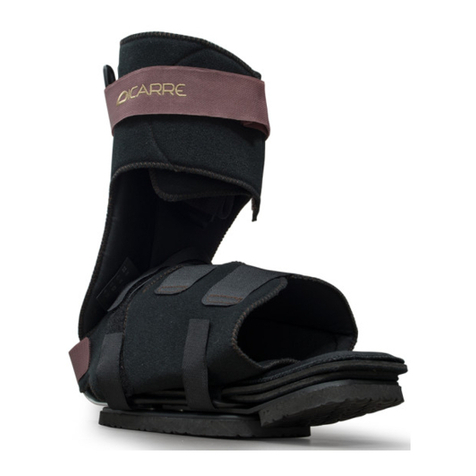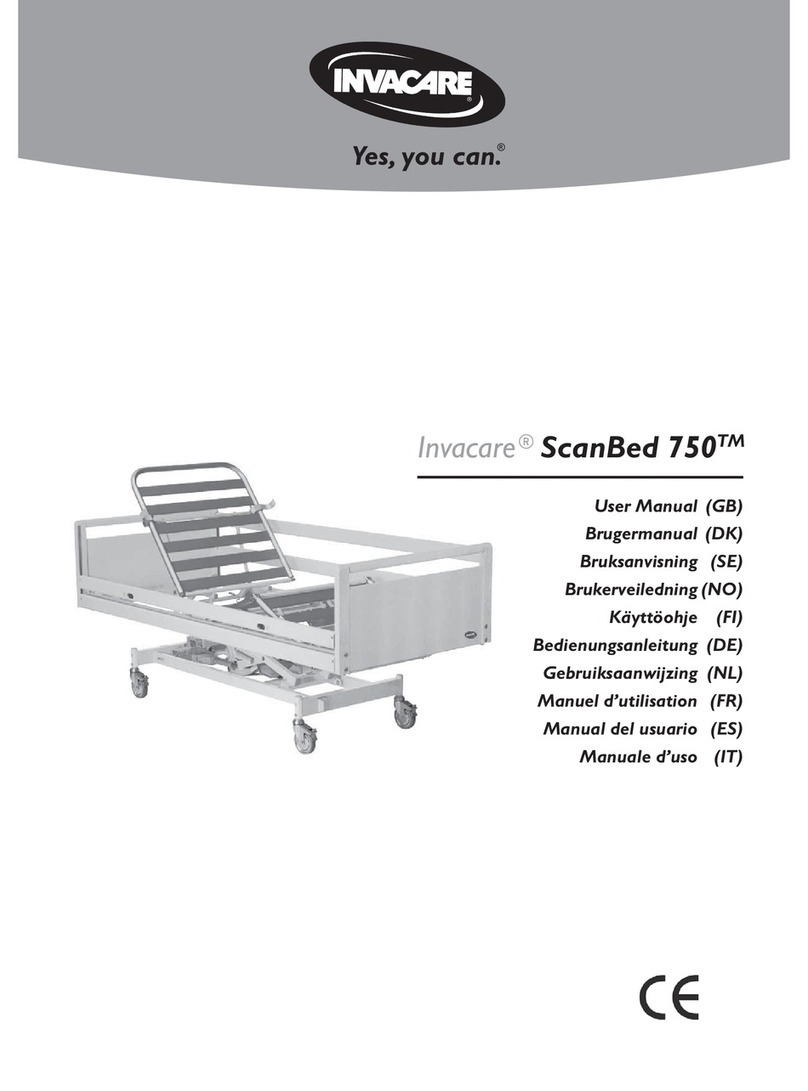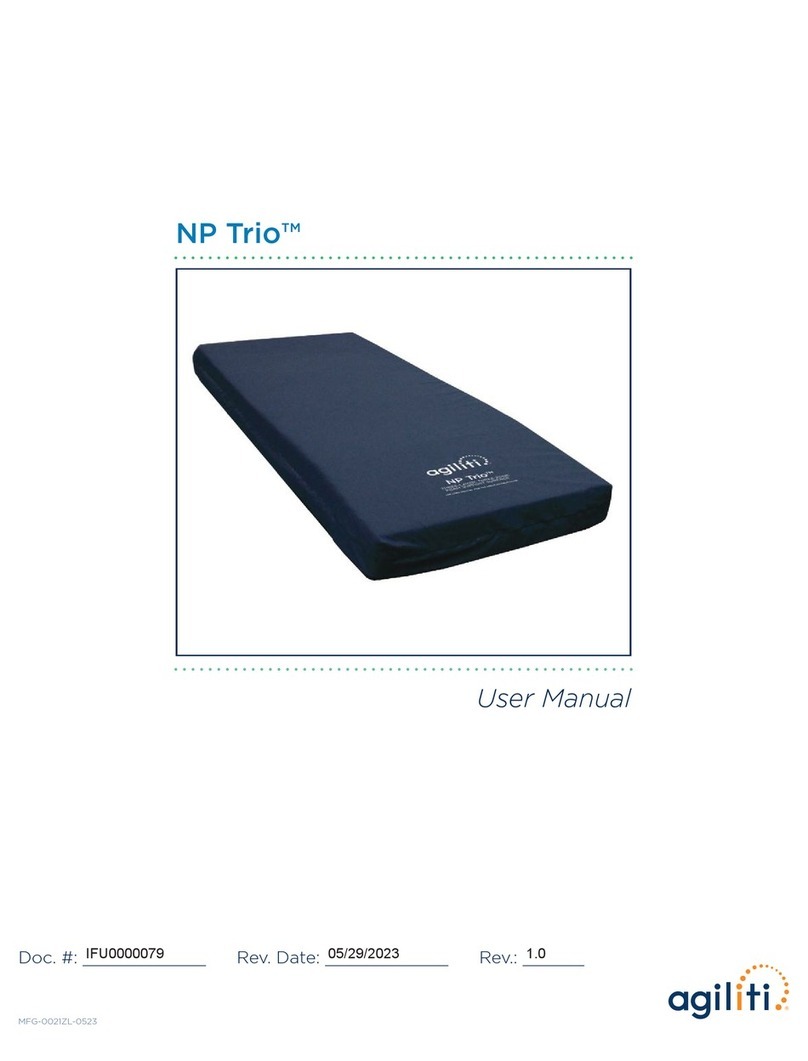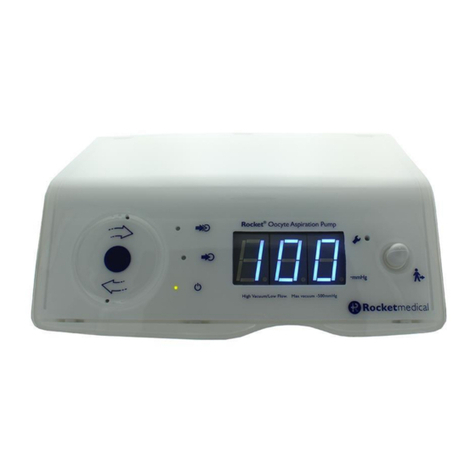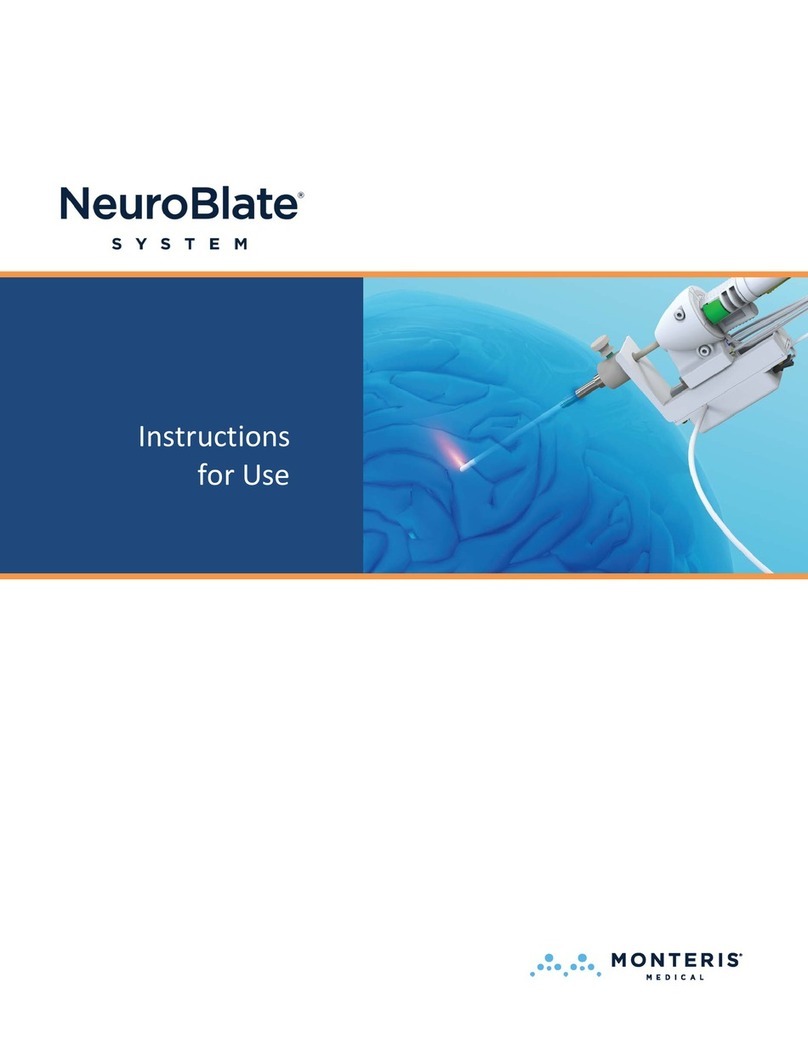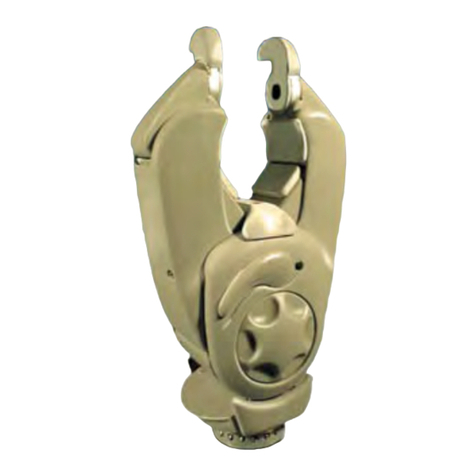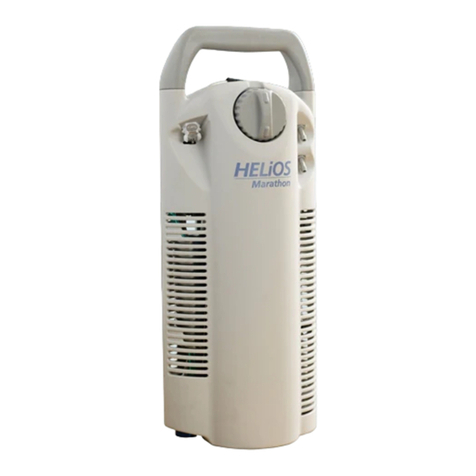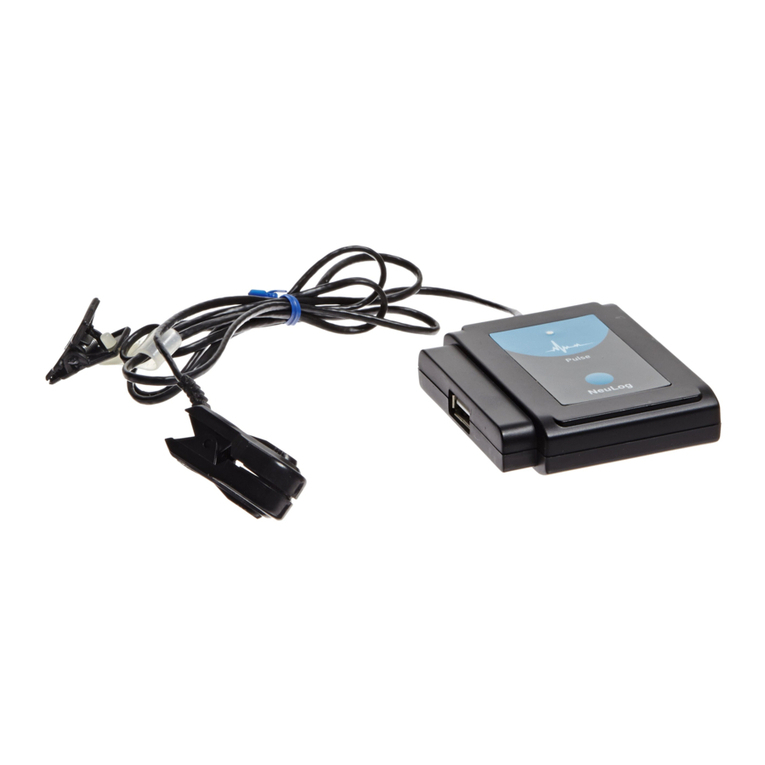HD4511 GB Issue 01
9
5.7 CHANGING SETTINGS –The Main Menu allows the various settings to be modified and saved. All changes
are retained in the event of a power cut.
To access the Main Menu, press the +and –buttons simultaneously to unlock the display. For full details
of menu settings please refer to the guide on page 3.
6Temperature
Stable and correct temperature is essential for good results. Adjust with care.
WARNING:- THE CIRCULATING FAN AND THE METABOLIC HEAT FROM PATIENTS CONTRIBUTE HEAT TO
THE ICU. THE ICU MAY NOT CONTROL PROPERLY IF THE ROOM TEMPERATURE IS LESS THAN 3°C (10°F)
LOWER THAN THE TEMPERATURE REQUIRED INSIDE.
AVOID LEAVING THE DOOR OPEN AS THIS WILL CREATE SIGNIFICANT DISTURBANCE OF THE
TEMPERATURE IN THE ICU AND TAKE TIME TO STABILISE.
6.1 Note: your ICU may not be set to the correct temperature from the factory and the following procedure
must be followed before introducing animals.
6.2 Press the - and + buttons simultaneously to unlock the main menu. Press OK to select the temperature
screen and adjust as necessary using the + and –buttons. Press OK to return to the Main Menu and then
scroll down to Save. Press OK to save the changes.
6.3 As the ICU warms up and approaches its control setting the heater on asterisk “*” will change from
continuously on to flashing. When reducing temperature, the asterisk may still flash as the ICU gently
cools –this is normal.
6.4 Refer to the digital temperature display to check temperature. The display shows the air temperature in
increments of 0.1°.
6.5 The Display can be switched to show all temperature settings in degrees Fahrenheit. Press the - and +
buttons simultaneously to unlock the main menu. Scroll to the C/F option and press OK to select the C/F
display screen. Press the + button to select °F or the –button to select °C. Press OK to return to the Main
Menu and then scroll down to Save. Press OK to save the changes.
6.6 For recommended temperatures see section 9. Note that the temperature should be gradually reduced
to room temperature (20 –25°C or 68 –77°F) as the patient recovers to avoid sudden temperature change
when the patient is removed.
6.7 Care should be taken about cooling that occurs during feeding or inspection or very small patients. Keep
the room warm, hold the patient in a cloth to prevent chilling from cold hands and use warmed feeding
utensils.
7Humidity and Ventilation
Elevated air temperatures in the ICU will reduce the relative humidity level (RH) and can cause
dehydration. A water reservoir is fitted to counteract this effect. Relative humidity of between 45 and
55% RH is adequate. Avoid very high levels as condensation may form on cooler surfaces. The
maximum achievable humidity is subject to room conditions with a typical limit of approximately 65 to
70%RH.
7.1 Your ICU is fitted with a water reservoir (see fig.1) which humidifies air as it is drawn into the heater
enclosure. Use a solution of proprietary water-based disinfectant (diluted in accordance with the
manufacturer's instructions) in the water reservoir (pan) to inhibit bacterial build-up. It is recommended
